The Yangtze River Protection Law of the People's Republic of China, as adopted on December 26, 2020 has come into force on March 1, 2021. As stipulated by Item 2 of Article 51, “It shall be prohibited to transport acutely toxic chemicals by water and other dangerous chemicals of which the transportation by inland river is prohibited under the provisions issued by the state in the Yangtze River Basin”.
For the implementation of the Law, Shanghai MSA issued a Notice on Implementing the Requirements of the Yangtze River Protection Law to Prohibit the Transportation of Acutely Toxic Chemicals and Other Goods in the Shanghai Section of the Yangtze River (hereinafter referred to as ‘Notice’) on February 18, 2021.
The content of the Notice is hereby interpreted for the reference of the Clubs and their Members.
What Kinds of Goods are Banned Under the Law?
As stipulated by the Law, the following goods are banned:
1. acutely toxic chemicals
2. other dangerous chemicals of which the transportation by inland river is prohibited under the provisions issued by the state
The Notice specifies the two types of goods as follows:
1. ‘acutely toxic chemicals’ means:
The chemicals marked as ‘acute toxicity’ in the remarks column of the Catalogue of Hazardous Chemicals (2015 Edition).
2. ‘other dangerous chemicals forbidden to be transported by inland river’ means:
The chemicals listed in the Catalogue of Prohibited Dangerous Chemicals by Inland River (2019 Edition), which comprises 228 types of dangerous chemical cargo totally forbidden to be transported by inland river regardless of its packing and the other 85 types of dangerous chemical cargo forbidden to be transported by inland river in bulk, but can be shipped in packaged form, including steel cylinders, portable tanks, containers, etc.
Area of Banned Waters
The Yangtze River Protection Law applies throughout the Yangtze River Basin, while the Notice is only for the Shanghai section of the Yangtze River.
Being the mouth of the Yangtze River, a part of the water area of Shanghai belongs to the Yangtze River Basin.
*Waters and wharfs in the Yangtze River Basin:
‘Shanghai section of Yangtze River’ refers to the waters of Yangtze River between the longitude line 122°29’38.6 “E and the lines connecting Liu Hei Wu (near the lower reaches of Liuhe River Mouth) and Shi Xin Gan (near Shiqiao River Mouth on Chongming Island).
The Yangtze River Protection Law also applies for the Huangpu River, which is a tributary of the Yangtze River.
‘Shanghai section of Yangtze River’ mainly contains the following wharfs:
Pudong Dongfang Storage Tank Wharf, Shanghai Sewage Plant Wharf, Phase 1 to Phase 6 Container Wharf in Shanghai, Chongming Public Freight Wharf, Wusong Jungong Road Wharf, Baosteel Chemical Production Wharf.
*Waters and wharfs NOT in the Yangtze River Basin:
Yangshan Deep-Water Port does not belong to the Yangtze River Basin prescribed in the Law.
Implementation Process and Impact on Shipowners
As from March 1, 2021, when the Yangtze River Protection Law came into force, all acutely toxic chemicals, regardless of its packing, imported, exported, transited or transferred in the Yangtze River Basin will be subject to the transportation ban. All types of vessels, including Liquefied vessel, bulk carrier, general cargo carrier and container vessel shall comply with the law.
*Additional documentation required when declaration:
MSDS (Material Safety Data Sheet) and Commitment Letter must be provided for all substances under the UN number (Major Categories) corresponding to the CAS number of acutely toxic substances. Both MSDS and Commitment Letter shall be provided by the Freight Forwarder when making the declaration. The Shipping Agent shall provide only a Commitment Letter that the entire cargo is non-acute toxicity and it is not necessary to submit MSDS repeatedly. MSDS can also be provided if the information obtained by the Shipping Agent is not consistent with the Freight Forwarder or if it is deemed necessary.
The Commitment Letter shall contain the following elements: Cargo description, CAS Number, Hazard Class, UN number, Container Number and Bill of Lading Number.
Legal Liability
In accordance with Article 90 of the Yangtze River Protection Law, penalties for violations of the law include:
1. order the violator to take corrective actions, confiscate its illegal income, impose a fine of not less than 200,000 yuan but not more than two million yuan on the violator;
2. a fine of not less than 50,000 yuan but not more than 100,000 yuan on each of the directly liable person in charge and other directly liable persons;
3. for serious violation, order the suspension of business for consolidation or suspend the relevant permit.
The object of punishment is mainly directed at the Carrier. But if the Shipper or the owners of the cargo falsely declare the banned cargo, resulting in the Carrier in the complete ignorance of the circumstances of transport, the Maritime Authorities will also impose penalties on the Shipper according to the provisions of the law.
Advice to the Club/Members
1. When Members are doubtful of the description of cargo to be carried, they are suggested to request the Shippers to submit all relevant information of the cargo, including CAS number, UN number, Customs official name of the cargo, technical specification etc.
2. When the content of cargo to be carried is not clear, especially when the cargo is a chemical mixture, Members are suggested to seek advice from a competent chemical expert through the Club's correspondent.
3. Members should be cautious to accept any booking from an unknown or a small company. When applicable, the Shippers should be asked to submit a proper LOI issued by a reliable party before accepting their booking.
4. Excessive interpretation on the Yangtze River Protection Law is NOT suggested. According to Shanghai MSA, the enforcement of the law shall not affect the normal transport of goods. To assist the relative party with complying with the law, the Authorities will indicate to the Ship agent when the declared cargo is involved in the acutely toxic and is banned for transportation.
Source: HUATAI
The opinions expressed herein are the author's and not necessarily those of The Xinde Marine News.
Please Contact Us at:
media@xindemarine.com


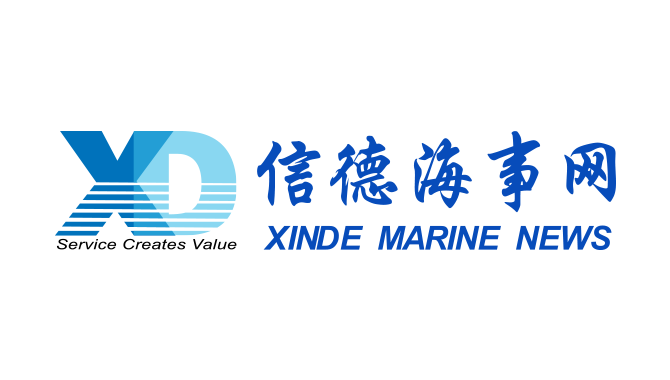 Reporting Requirements for Foreign-flagged Ships En
Reporting Requirements for Foreign-flagged Ships En 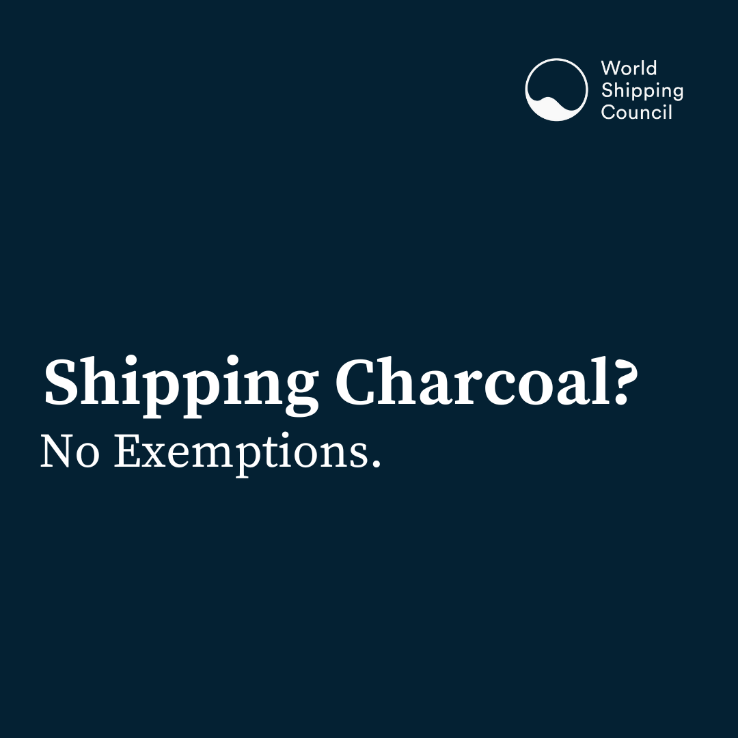 Shipping Carriers Move to Prevent Deadly Charcoal F
Shipping Carriers Move to Prevent Deadly Charcoal F  KR, HD KSOE, HD HHI, KSS Line, and Liberian Registr
KR, HD KSOE, HD HHI, KSS Line, and Liberian Registr 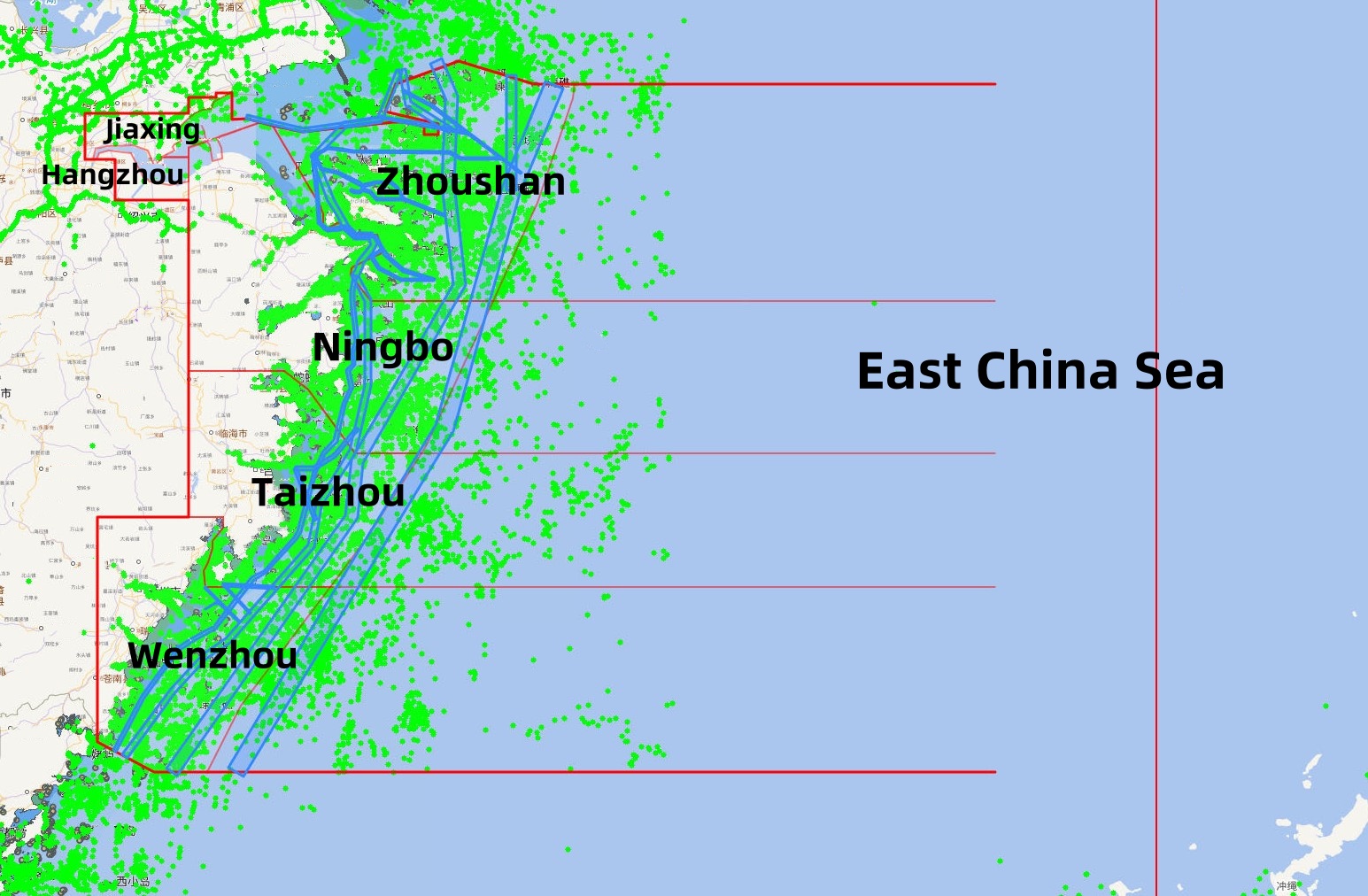 Zhejiang Maritime Safety Administration Issues the “
Zhejiang Maritime Safety Administration Issues the “ 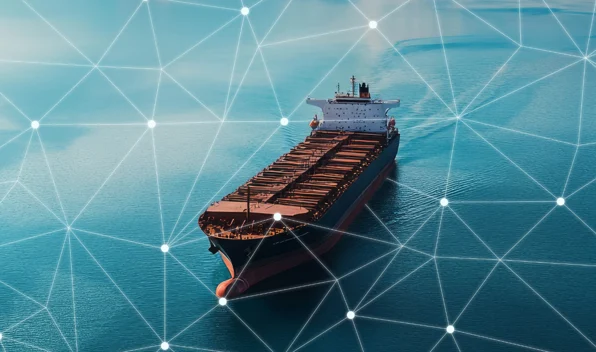 RightShip Updates Age Trigger for Vessel Inspection
RightShip Updates Age Trigger for Vessel Inspection 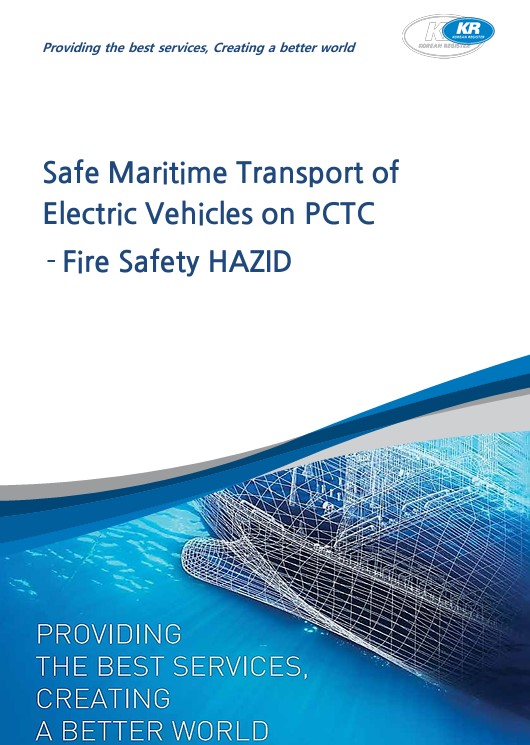 KR Publishes Report on Safe Maritime Transport of E
KR Publishes Report on Safe Maritime Transport of E